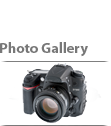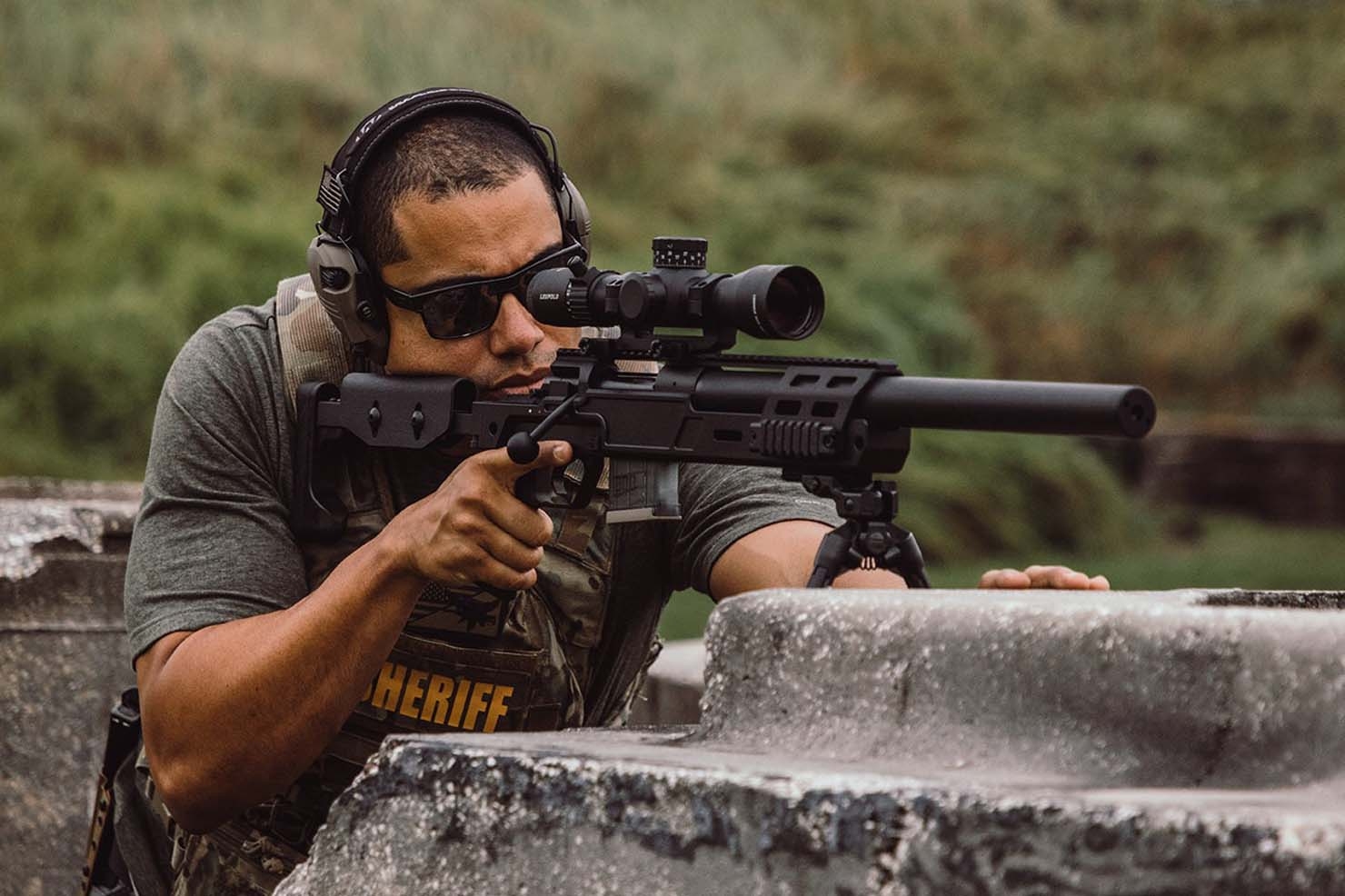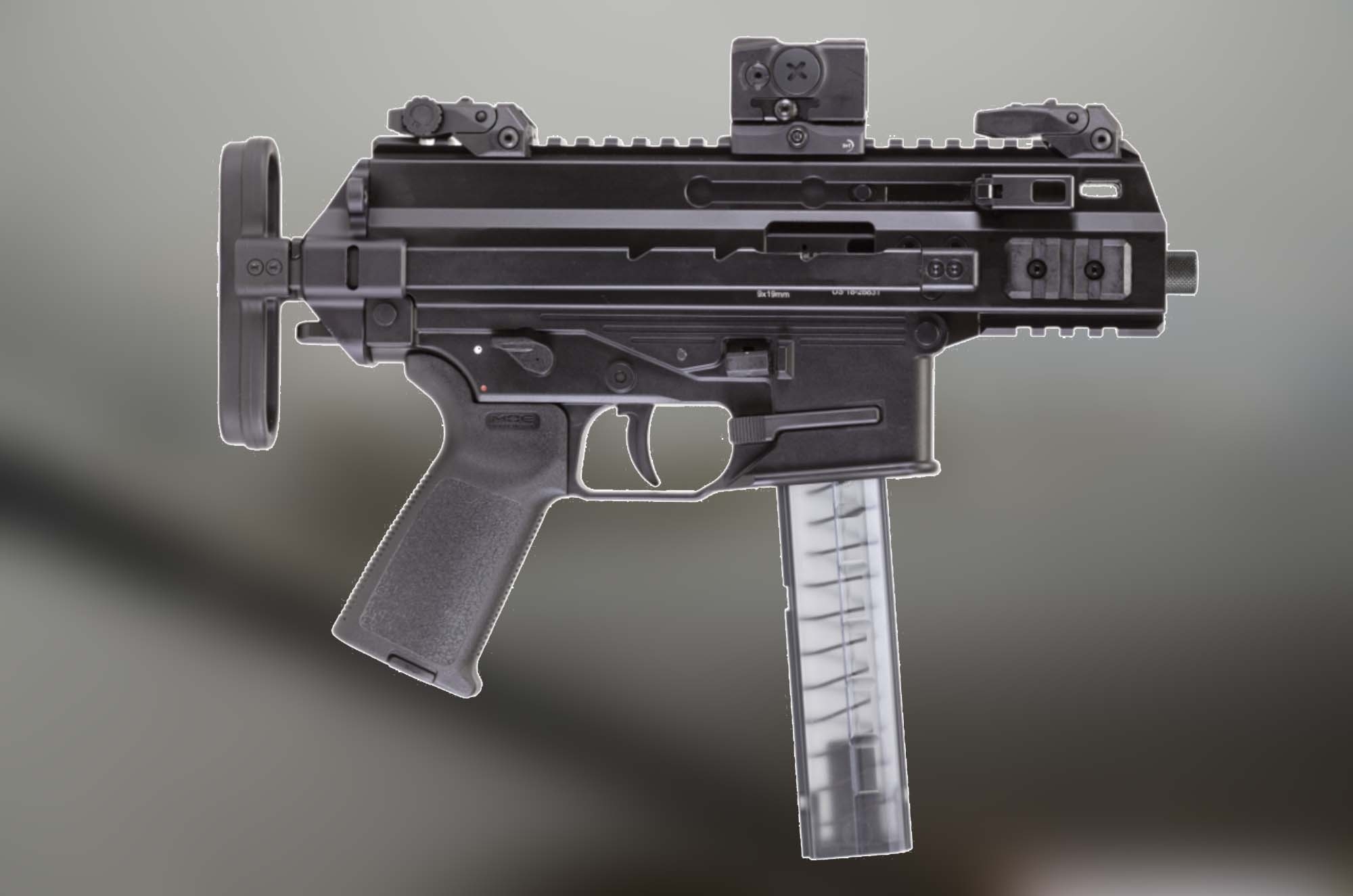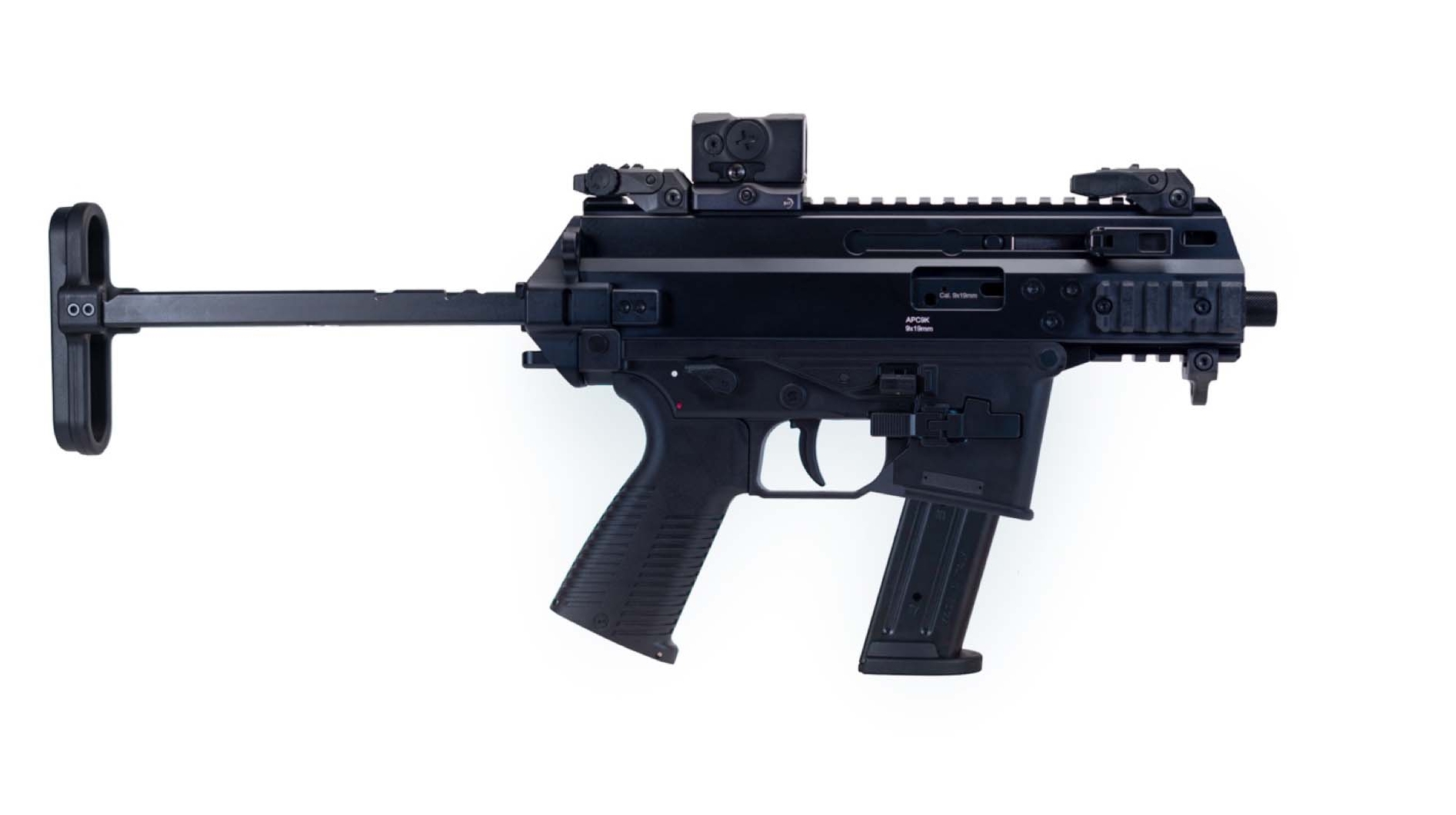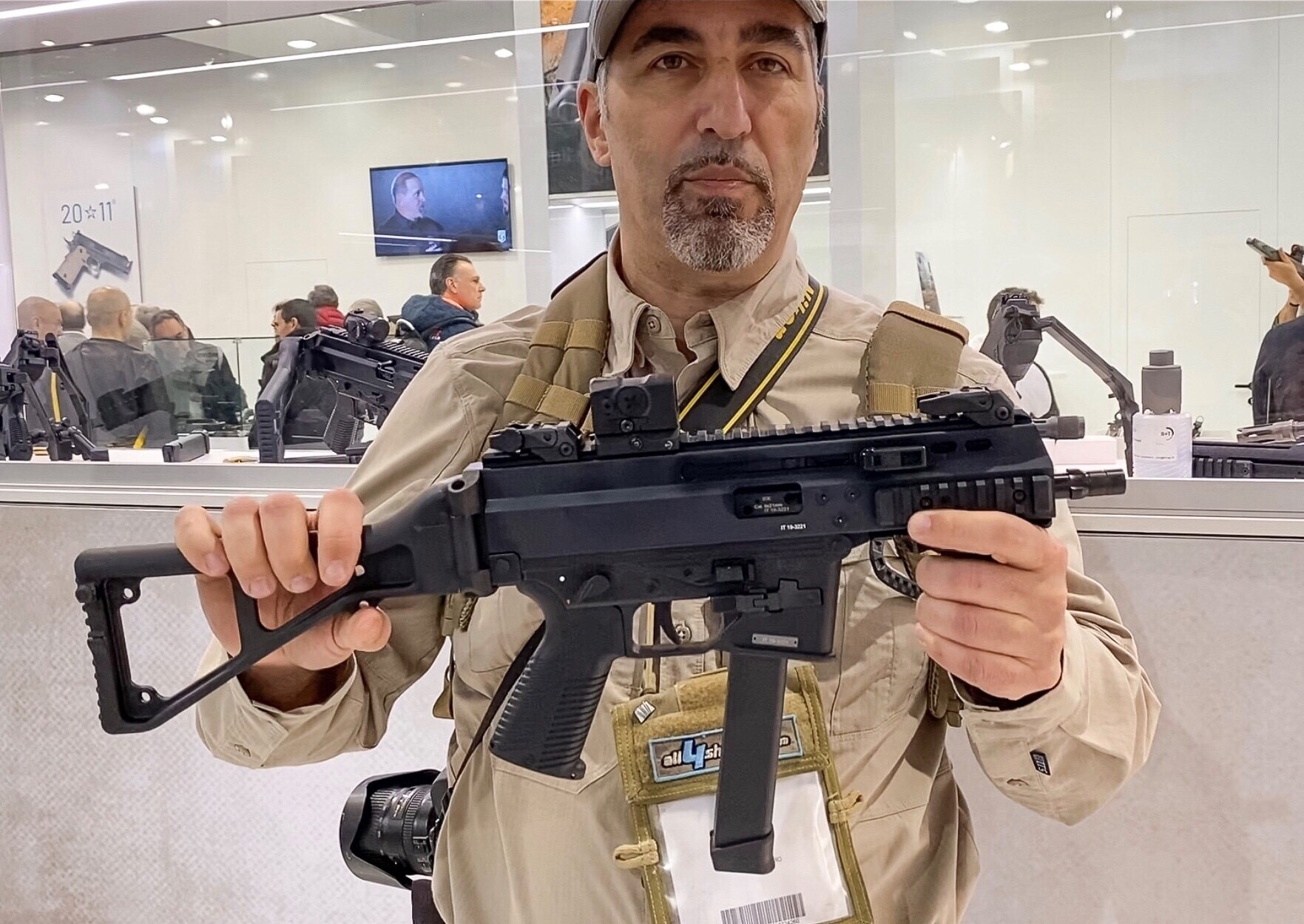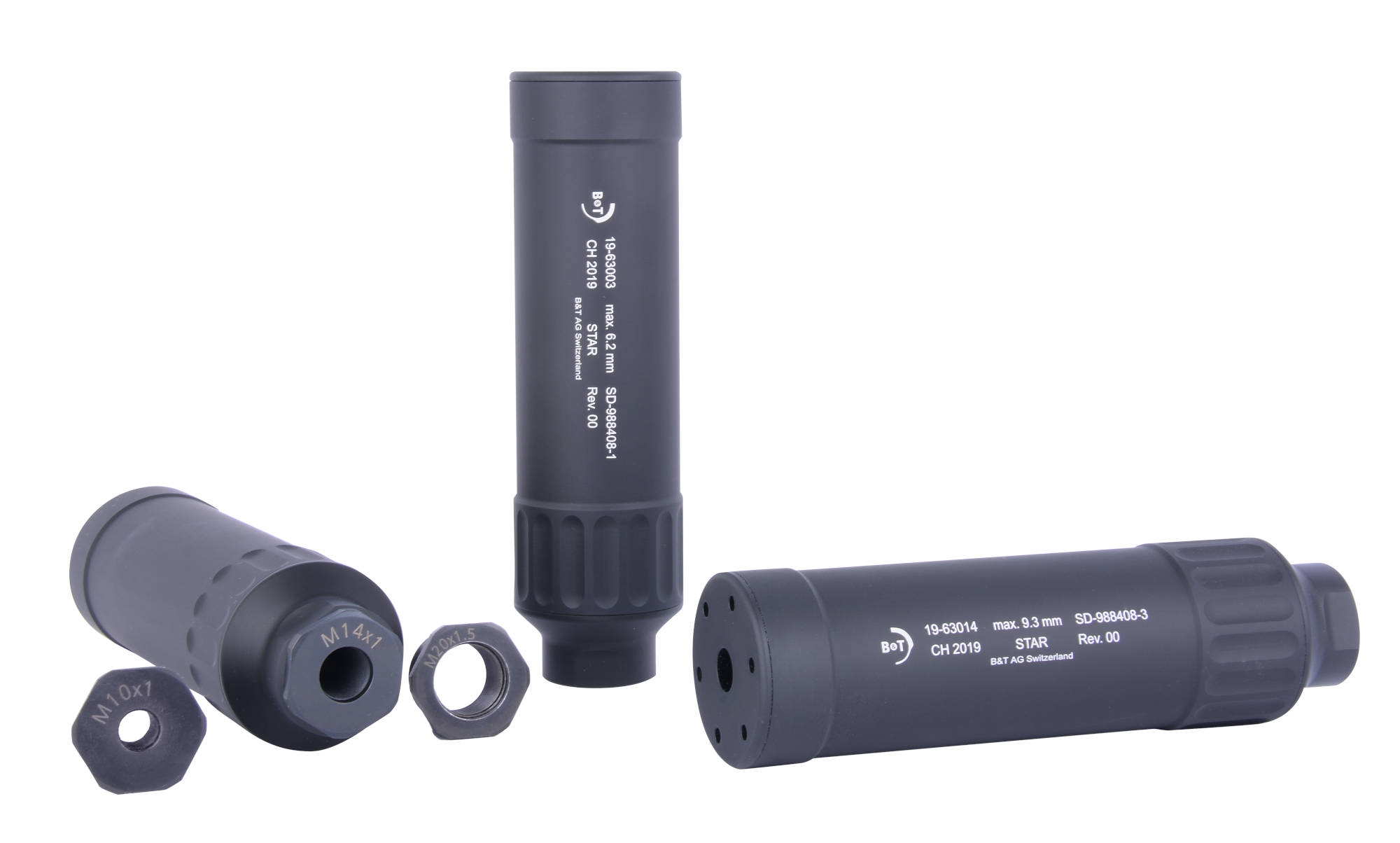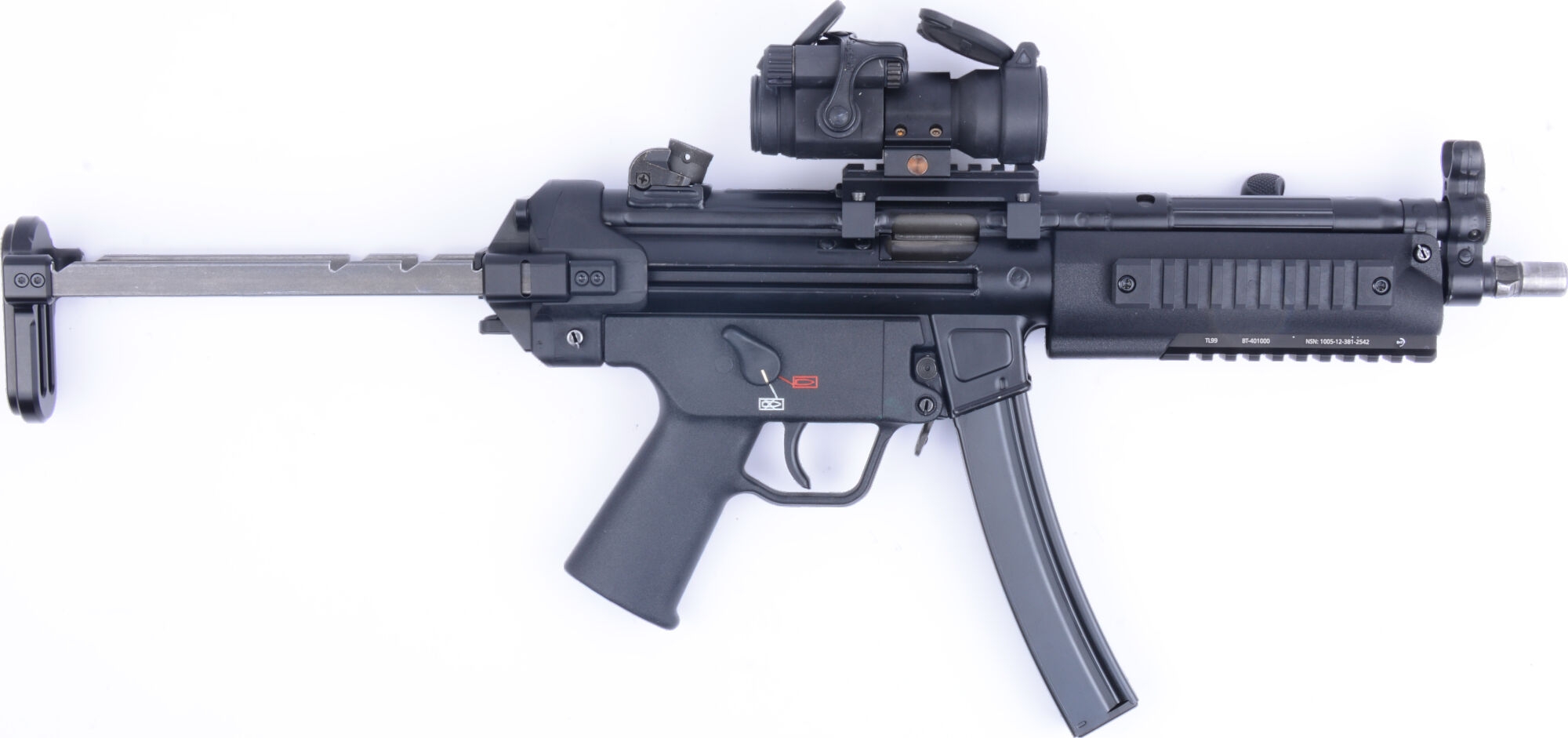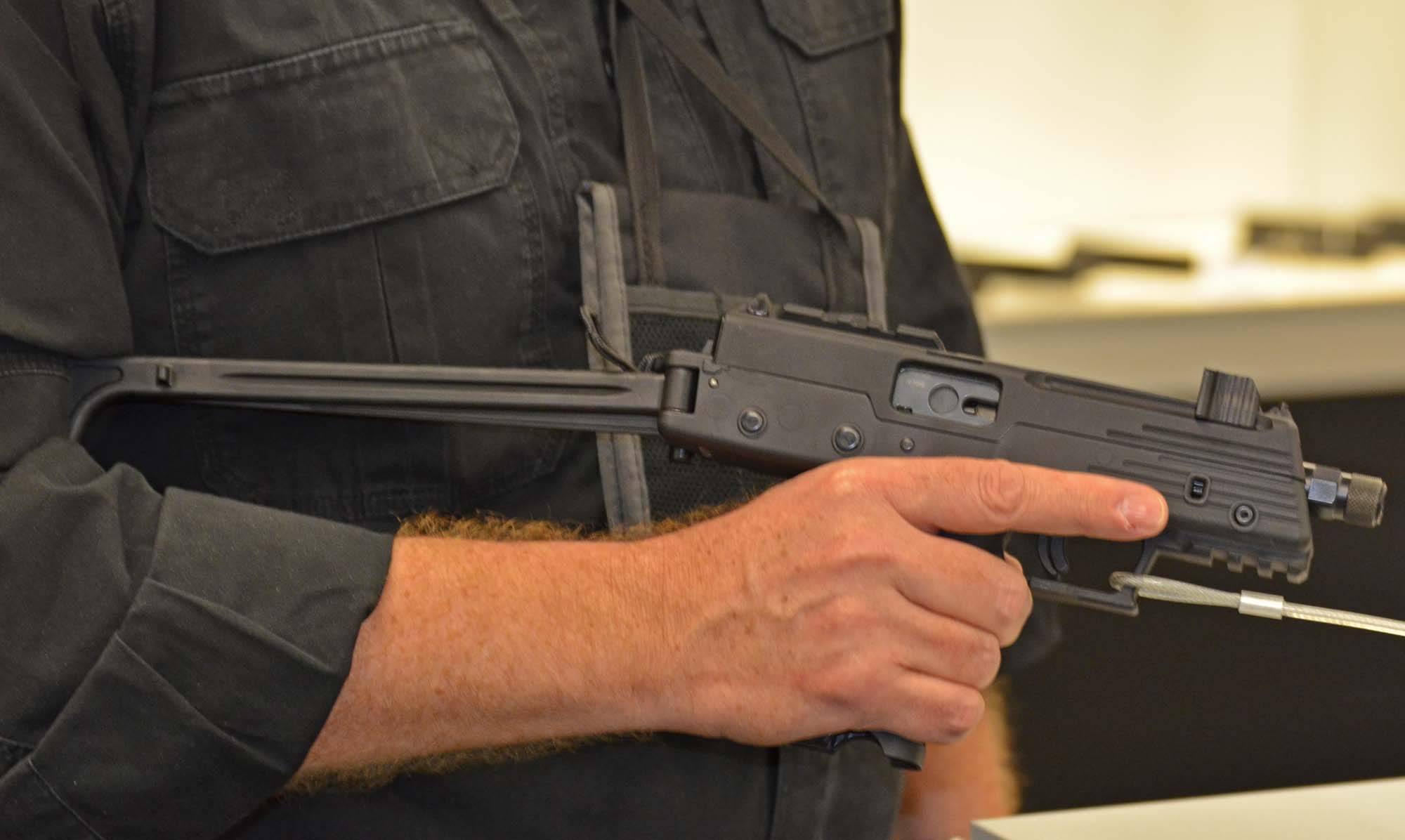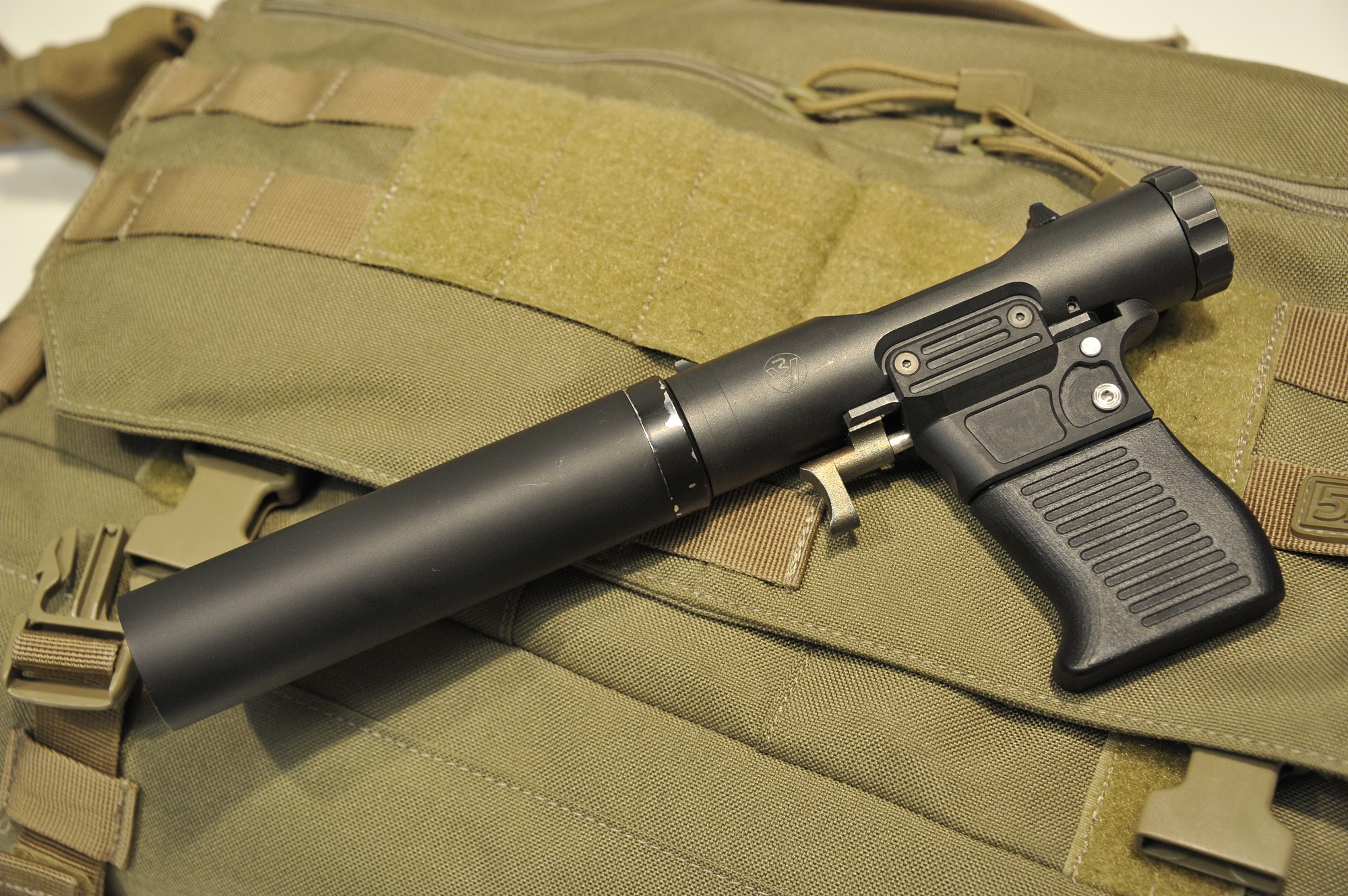Article also available in other languages

In the first years after its introduction, the .223 Remington - civilian counterpart of the military 5.56x45mm NATO round - was not considered such a "tack driver" from the accuracy point of view.
It is true that this ammunition is based upon the .222 Remington that at that time, and for many years afterwards, was considered the most inherently accurate round ever made, a very balanced cartridge able to dominate in shooting sports such as benchrest, but it was also true that the military cartridge (initially known as ".222 Special") was designed with the sole purpose of increasing speed, without taking into account any other quality: the request was for a small arms ammunition meant to be used in full automatic fire to saturate the target and not to be used with surgical precision.
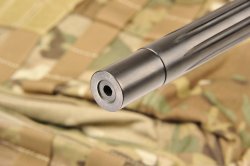
Then, in 1975, came the 6PPC cartridge, the true Bench Rest King due to the "supersquare" geometry of the cartridge case featuring a short and chubby appearance, very different from the thin and long .222, which is basically a scaled down .30-06, and even more than the .223, which, with its very short neck and even longer body was the polar opposite of the Palmisano and Pindell concept: on these grounds, who could ever have predicted that the .223 ugly duckling would have turned out a brilliantly accurate cartridge?
Yet this is precisely what has happened: nowadays the .222 has virtually disappeared and has been replaced, in hunting, sports and even in precision shooting, with the .223, although the cartridge has indeed since evolved, with new barrel twists, bullet weights and designs, and availability of sporting guns built for accuracy.
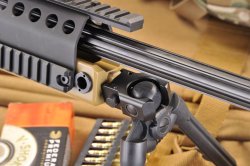
Bench Rest is still dominated by the PPC cartridges and its numerous variants , but the .223 is definitely the most used caliber in short to medium range "all round" precision shooting: how was it possible?
The long way that led from a cartridge conceived for military use, designed to work in a small caliber, fully automatic weapon that shot bursts that featured an intended amount of dispersion and that was meant to be effective up to about 300 meters, to a cartridge that is considered today one of the most accurate commercial rounds cannot be separated from the uncanny evolution of the AR-15/M16 platform, transformed, in our opinion a bit forcibly, from an unreliable and too advanced for its time gun in today's most widely used assault rifle.
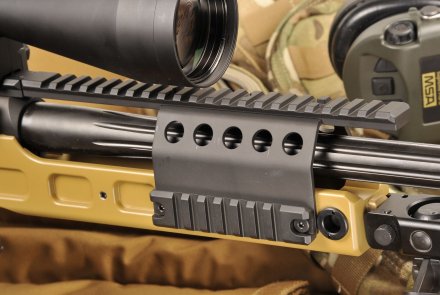
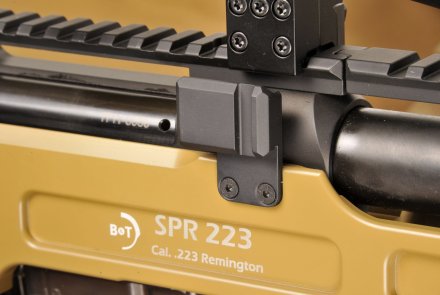
The success of the .223 chambering has also led many top tier manufacturers to set up weapons capable of fully exploiting the inherent qualities of modern ammunition and therefore, many firearms -both bolt action and semiautomatic- designed to offer the highest precision and accuracy that this little cartridge allows have appeared on both police and civilian markets.
Among the bolt action variety, one of the most modern and advanced firearms is the Special Police Rifle, abbreviated SPR, manufactured by Swiss firm B&T.
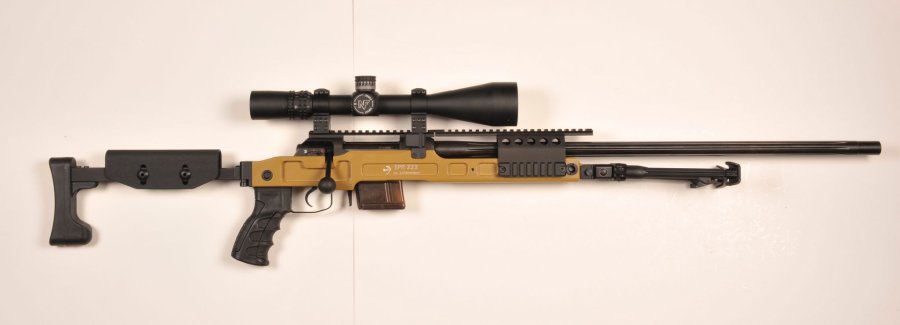
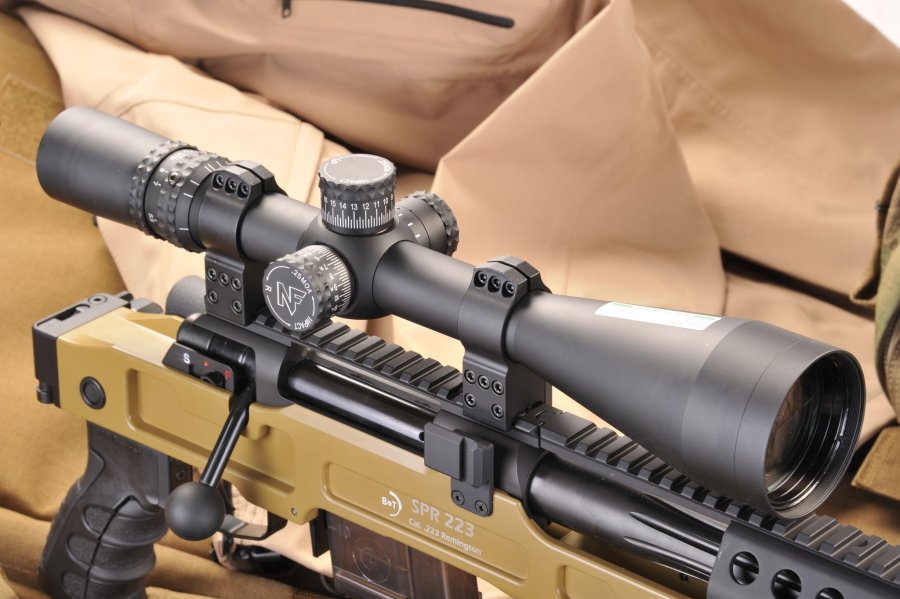
Founded in 1991 to design and build firearm silencers and other accessories for the military and law enforcement markets, B & T was soon earned popularity for selling such modern products as the BT96, its own take on both the civilian and military versions of the MP5, and then, in 2004 , the Swiss manufacturer has taken the plunge and embarked on the design and construction of original weapons, just as modern and innovative as the revised version of the Steyr TMP submachine gun, known as MP9, and a line of sniper rifles in .308 and .338 caliber, the APR, followed by a fairly traditional single-shot grenade launcher.
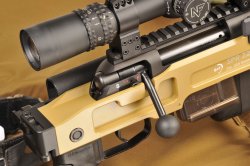
On the civilian market, the Swiss brand presents a semi-auto version of its own MP9 SMG and with an entire line of APR rifles, including the recently added SPR in .223, presented in this article, which basically duplicates both mechanics and technical solutions of its older and larger siblings.
As the name itself implies, the SPR is designed to appeal to Law Enforcement users, and, inevitably, to the most demanding civilian shooters.
Like most of B&T's other products, the SPR is designed to be easily geared up with any imaginable accessoriy and it really shows that it is designed for tactical operational use by "people in the know".
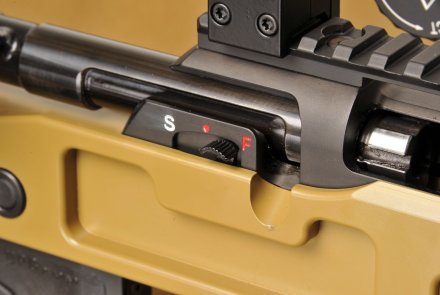
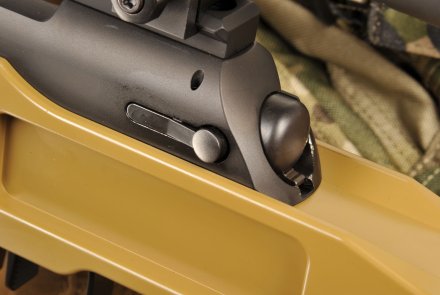
One feature that is immediately obvious, and that is also featured in B&T's larger caliber rifles line, is the machined aluminum alloy stock, which can be folded along the left side. A feature that has distinct Military and Law Enforcement uses, and i.e. police operators will appreciate the tactical advantages of such a stock configuration, especially in crowded and /or tight spaces; it is notable that many competitors offer a cheaper solution, consisting of simply shortening their rifle's barrel.
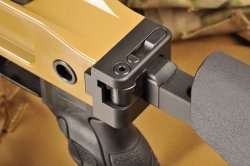
B&T, on the other hand, preferred not to cut corners and rather offer the maximum bullet velocity that can be yielded with a full length 26" bull barrel, investing in a carefully designed and fully adjustable folding stock. The system used to achieve it and the quality of the workmanship mean that, once extended, and locked in place, the stock is granitically stable, with no play and sturdy a a fixed Competition stock
Other appreciable characteristics include the tan color of the stock body, a variation of the oh so fashionable Desert Tan, the careful fluting of the bull barrel, the numerous Picatinny rails for mounting optics and other accessories and most importantly, the excellent level of finish.

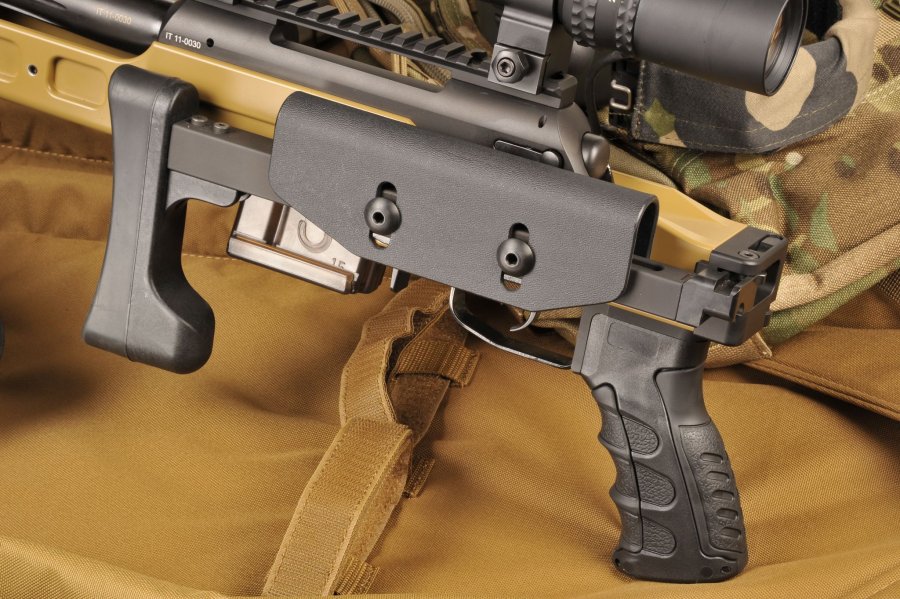
The front end of the handguard is designed to accomodate a bipod, which we found already mounted on the weapon under test; the bipod and the very good sling -with quick attachment studs - are both manufactured by B&T; obviously, many more dedicated accessories are available for the SPR,such as spent case catchers and, where permitted, various types of silencer.
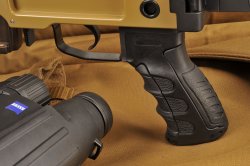
The ergonomics of the CAA Tactical manufactured UPG pistol grip, equipped with front and rear inserts allowing easy customization to adapt to any type of hand and equipped with the "memory groove".
The SPR uses a modern removable magazine made built of a high strength translucent synthetic material, with a capacity of ten rounds, that attaches to the weapon using a front notch and a rear rocking lever detent, in pure AK style.
As we mentioned earlier, the SPR is a bolt action rifle: what can a manufacturer do to differentiate and make its product stand out, when the concepts have reached maturity over a century ago? Mechanically not much, but there is still room for innovation, clever solutions and, above all, for high quality.
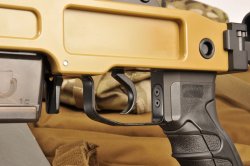
The construction of the rifle is very conventional: the action is made of light alloy and is externally cylindrical, with two bridges, front and rear, of the same height. The very tough bolt is of the "full-diameter" type, featuring the front lugs which are of the same diameter as the bolt body: this way a very fluid and smooth bolt ravel can be achieved, all this with a limited number of machining operations.
Needless to say it to move back and forth the bolt on the SPR is a satisfying experience : the movement feels frictionless and extremely smooth: the action, as we mentioned, is an Aluminum based light alloy with a hardening surface treatment, while, of course, the bolt is made of steel and equally obviously the bolt locks in thich, bull-barrel's extension.
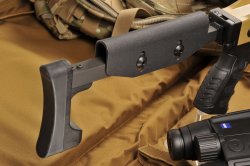
The fluted bull barrel is truly massive, and despite the deep grooves that run longitudinally along its length, is very heavy and affects the balancing of the entire rifle that, in fact, tends to be very muzzle heavy.
The muzzle is protected by a slightly recessed circular crown and the last few centimeters are perfectly cylindrical, with a diameter that is reduced than the rest of the barrel itself: this area is obviously meant to simplify the installation of a muzzle brake and, where legal, one of several "sound moderators" that are the pride of the Swiss manufacturer.
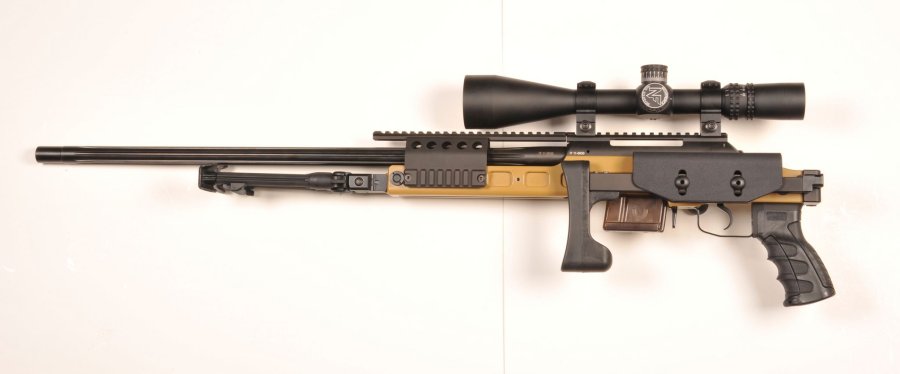
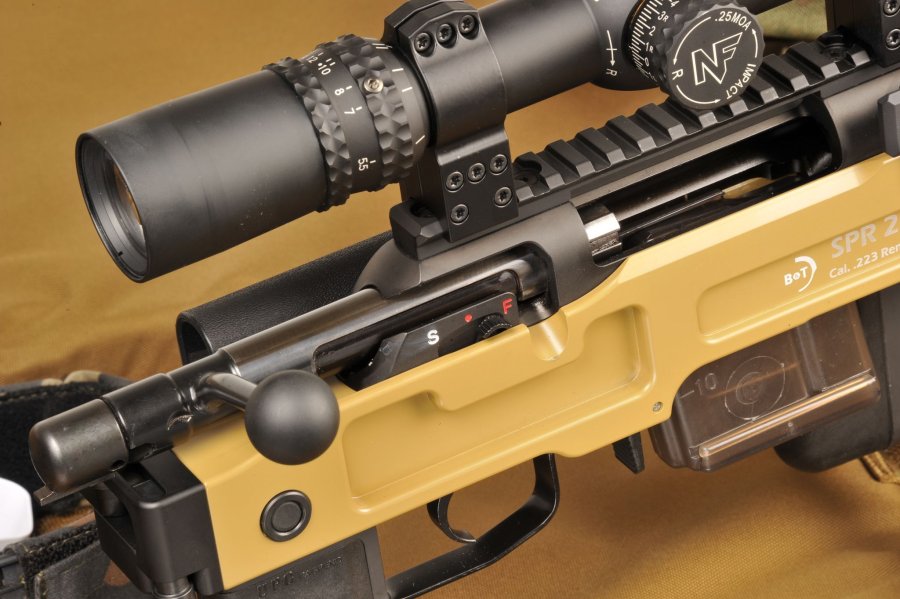
The manual safety is operated with a handy lever placed just behind the bolt handle.
The classic three possible positions are all available, with one that allows the user to operate the bolt with the trigger system locked, only useful to add or remove the chambered round, since the weapon is equipped with detachable magazine and is not necessary to pass each round in the chamber to unload the gun.
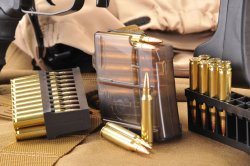
The shape of the rear area of the action is very classical, almost minimalist in design, and reminds of many other bolt action rifles, including the recent Haenel 10 and the classic Sauer 202: the shaft of the handle slides in a long milled slot and the whole tail of the bolt remains within the action shroud. This way the root of the bolt handle may act the role of an additional safety locking lug in case of a bolt failure, but we believe that this rifle features a rather oversized breech locking to begin with.
The breech lock, in fact , is achieved through the use of three robust front lugs, which are obtained by removing material from the bolt body behind the lugs, so they present the same diameter of the bolt itself: to be precise, the lugs are actually two and a half ... , given that the extractor , a Sako claw-type , uses about half of the available locking surface of a lug, but even then, there is plenty of steel .
The ejector is the classic spring-loaded plunger type and when the rifle is cocked the bolt tail protrudes in the rear, in an equally classic visual and tactile indicator of a cocked rifle state.
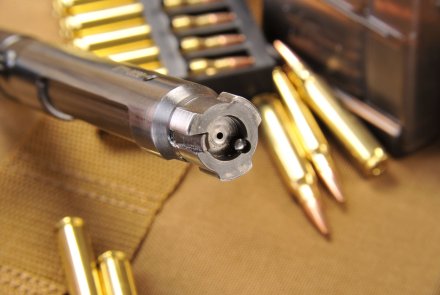
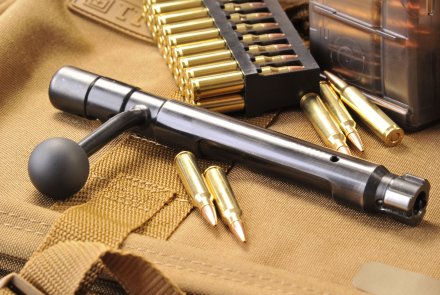
In conclusion, we have found nothing really innovative or special in the action of this rifle, but B&T's designers have chosen tested and reliable solutions, and have not tried to introduce innovations just for the sake of it, leaving the unique mix of these solutions to become the actual innovation: the sum is much more than the simple list. What's really at the top, rather, is the care of the construction and the ergonomic study that make this one of the most modern rifle on the market today.
Of course, all this care has a cost, that cost is reflected in the price tag, which is rather steep, but as mentioned, the build quality and the design make the SPR a very interesting and unique rifle - and remember, Swiss quality, comes at a price.
